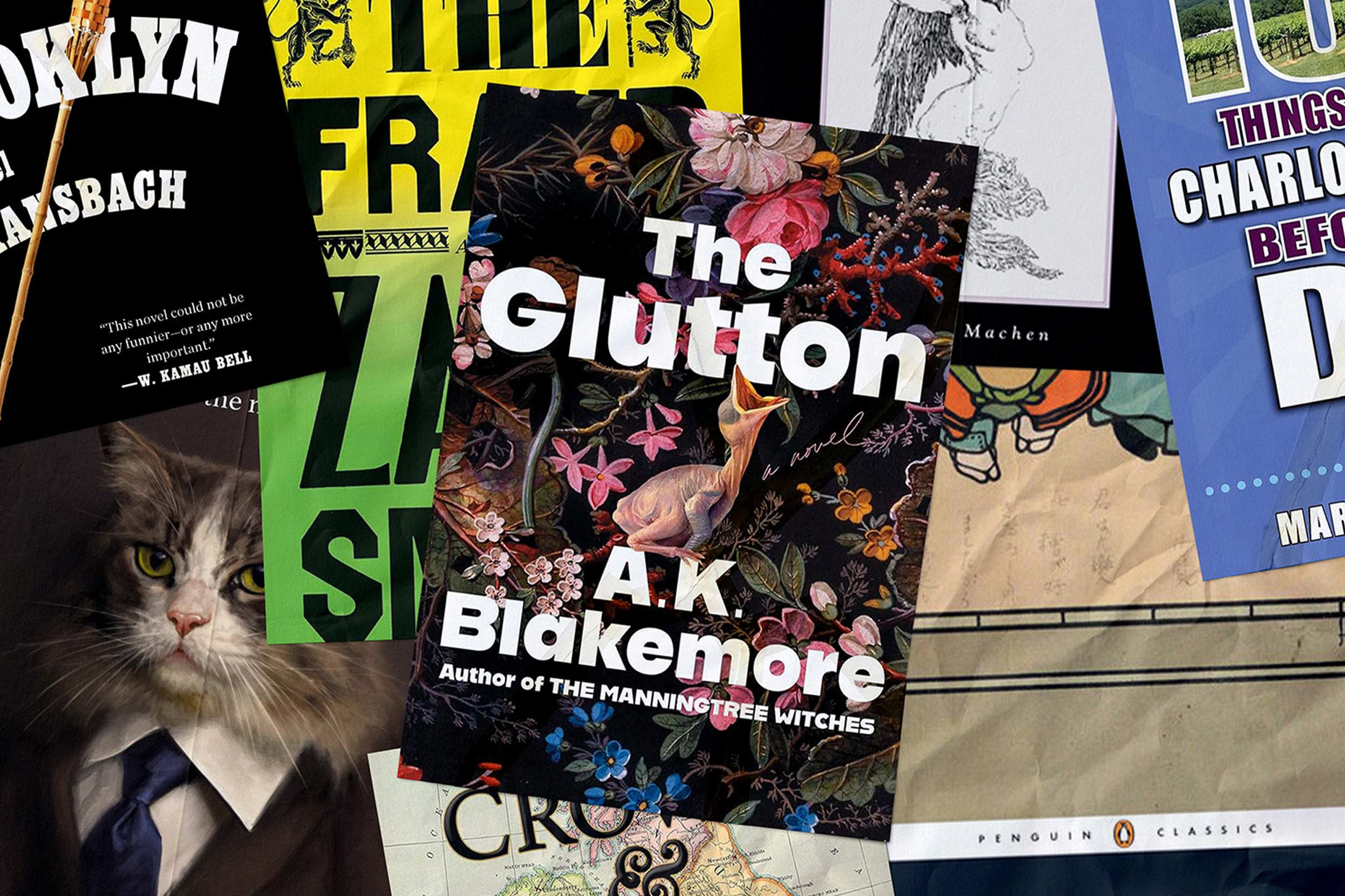[ad_1]
Raunchy, absurd and profoundly thought-provoking, the novel delves into the enduring struggle against antisemitism while exploring questions of personal, cultural and religious identity.
• Ann Burns, metadata librarian
“Crown & Sceptre: A New History of the British Monarchy, From William the Conqueror to Elizabeth II,” by Tracy Borman
The British monarchy has fascinated me since I was a kid, so I was excited to read this. Although the entries are not long, they straightened out some mistakes in my understanding of British history. It also explains how the monarchy has adapted to the changing times and has maintained the balancing act that keeps it around when so many other monarchies are long gone.
• Cory Capron, library specialist
“The Great God Pan,” by Arthur Machen
Following the success of Yorgos Lanthimos’ film, “Poor Things,” I found no shortage of reviews calling (“Poor Things”) a twist on “Frankenstein.” And while that isn’t inaccurate, I think the film is far more of a twist on the tradition of stories about evil, “unnatural women” such as in Hanns Heinz Ewers’ “Alraune” and this classic predecessor (“The Great God Pan”) to Lovecraft. It’s a weird one for sure.
• Jean Cooper, principal cataloger
“Starter Villain,” by John Scalzi
What I liked about this book is that it starts out quiet, and then goes wonky. “Starter Villain” is about an unemployed young man who is currently at loose ends, living in his late father’s house. Then he gets word that his maternal uncle has died. He’s never met this uncle, but all he has to do to inherit part of his estate is attend the uncle’s funeral.
• Nicholas Cummins, research librarian for economics and commerce
“The Glutton,” by A.K. Blakemore
Using the story of a real historical figure as inspiration, Blakemore explores the desperate need for people to feel loved and accepted, and barring that, to be (in)famous. Set against the backdrop of the French Revolution and its impact on class, religion and society, this often-stomach-churning novel is full of incredible scenes of both beauty and barbarity.
• Bret Heddleston, print periodicals specialist
“Sanshiro,” by Natsume Soseki; translated by Jay Rubin
The introductory volume in Natsume Soseki’s first trilogy follows the misadventures of an endearingly clueless college student caught in the blistering social change of Meiji-era Tokyo. “Sanshiro” is a surprisingly relatable story of romantic ignorance, intellectual immaturity, well-meaning social campaigns and other behavior still perpetrated by young men in the fast-changing society of 21st-century America.
• Jeff Hill, creative director
“The Fraud,” by Zadie Smith
A wonderful historical novel set in 19th-century England. The central character is Eliza Touchet, the housekeeper, cousin (by marriage) and lover of William Ainsworth, a now relatively unknown, but once popular novelist. I was engrossed from beginning to end. “The Fraud” was my introduction to Smith’s work. I somehow overlooked her, even with the splash of her 2000 debut, “White Teeth.” I have a lot of catching up to do.
• Ervin. L Jordan Jr, research archivist in the Albert and Shirley Small Special Collections Library
“100 Things to Do in Charlottesville Before You Die,” by Marijean Oldham
As the holidays approach, Charlottesville-Albemarle residents will appreciate this practical guide’s tips and trips for entertaining out-of-town guests. Topics include food and drink (breweries and vineyards), music and entertainment (theaters and shows), sports and recreation (hiking trails), culture and history (museums and presidential homes), and shopping and fashion (clothing stores and bookstores). For day-trippers wishing to explore “culture on a budget,” this compact resource offers seasonal activities and itineraries.
For even more recommendations, visit the UVA Library website.
2024-12-13 15:40:27
[og_img
